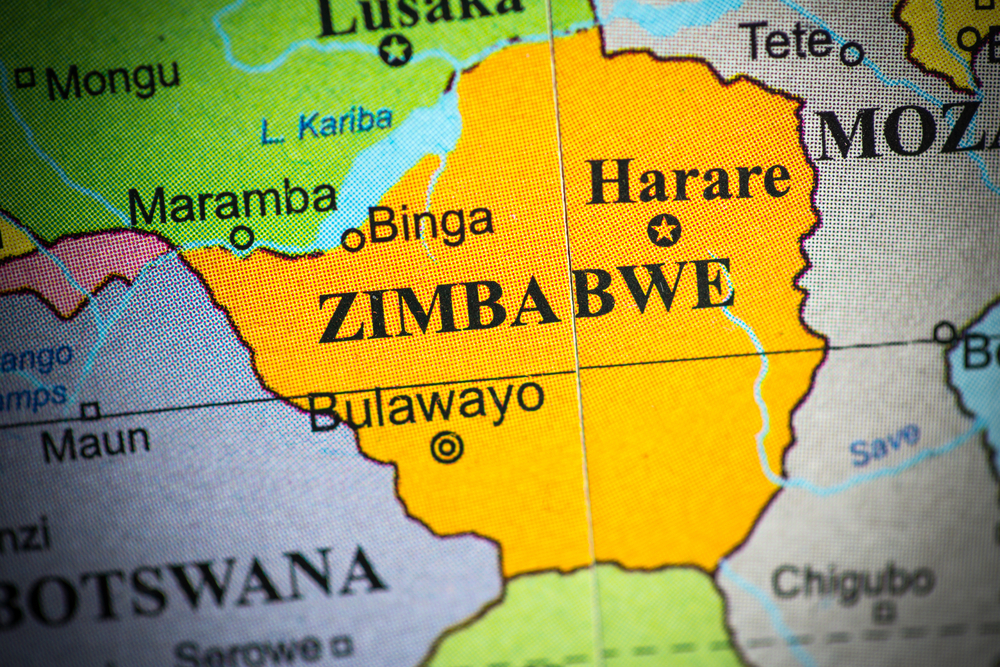The financial situation in Zimbabwe is getting out of hand rather quickly. Things have gotten so dire that bank customers are sleeping on the streets, close to the office doors of financial institutions. Those who arrive too late in the queue will have no access to cash for that day. This is a very troublesome turn of events with no improvement in sight.
Withdrawing Cash In Zimbabwe Is A Big Struggle
When consumers have to line up in front of a bank branch to withdraw money from their accounts, things have reached a very critical stage. Over in Zimbabwe this is a common occurrence these days, as the country is running out of cash. Only a limited number of individuals can withdraw cash from their bank accounts each day.
Contrary to what the images in the media may suggest, the people camping outside bank branches are not homeless by any means. It does not matter whether one is unemployed or not; these rules currently affect everyone in Zimbabwe. Obtaining cash from a bank has become extremely difficult, and it looks like things are getting increasingly out of hand.
Those who do not show up at their bank branch in time will simply have no access to cash for that day. Customers are forced to draw a number and wait in the queue. Anyone arriving after 4 AM will be out of luck, indicating how dire the situation is. The first ones in line will get money, and the rest will be sent home empty-handed.
Distribution of queue numbers happens on a first-come, first- serve basis, as is to be expected. Unemployed Zimbabweans are being recruited to hand out numbers to customers. In most cases, several hundred pieces of paper have been handed out before the clock strikes midnight. As one would expect, some of the high numbers are kept for those willing to pay for it.
To put this into perspective, roughly 165 customers were able to withdraw funds from their savings accounts the other day. Those numbers are completely unacceptable, yet they highlight a bigger problem. In fact, the maximum daily withdrawal amount per consumer in Zimbabwe is US$100.
Stabilizing the Zimbabwean economy seems to be the top priority right now, but doing so will be quite a challenge. Despite their adoption of foreign currencies, things aren’t looking good at all. The central bank wants to introduce a new surrogate currency in the next few weeks, although details are scarce to come by at this time.
If you liked this article, follow us on Twitter @themerklenews and make sure to subscribe to our newsletter to receive the latest bitcoin, cryptocurrency, and technology news.

